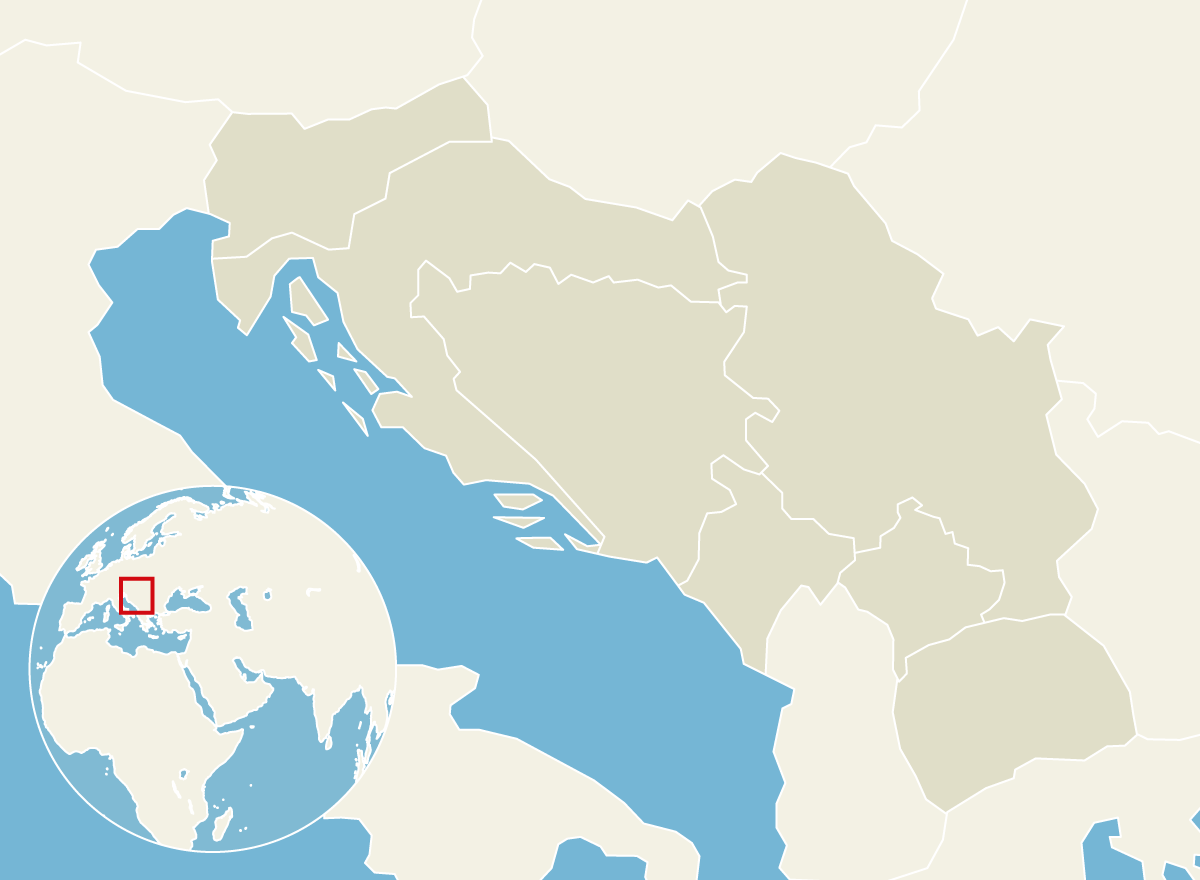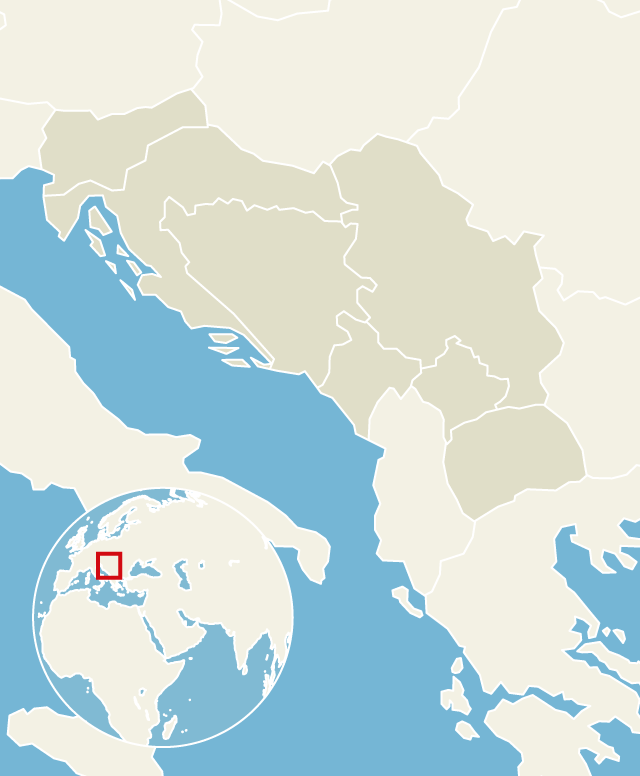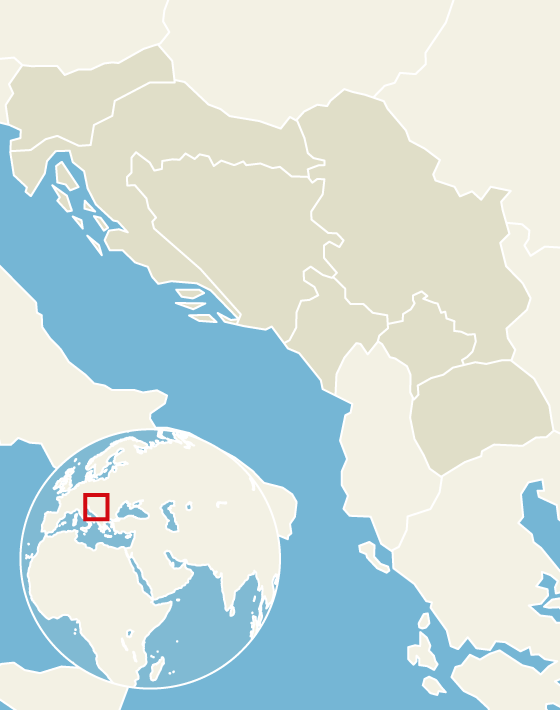Yugonostalgia: when young people yearn for a country they never lived in
Disenchantment with current politics and the economic situation accentuates nostalgia for Tito's socialist regime


BarcelonaT-shirts featuring the Yugo car, calendars with the iconic red K67 newsstand, collections of Yugokeramika coffee mugs, and posters with the silhouettes of Josip Broz Tito and his wife Jovanka are just some of the products sold by the Slovenian company Spela Golcer. through the Made in Yugoslavia brandGolcer began collecting typical Yugoslavian objects as a hobby, but when her shelves became too small, she decided to open an Instagram profile to document her finds. "To my surprise, the page became popular very quickly. People started asking if they could buy some items, and that's when I realized there was a real interest in things from the former Yugoslavia." When she started, the presence of shops dedicated to Yugoslavian design was minimal, but over time, she says, she has noticed a genuine resurgence of nostalgia and affection for that past.
This fever to recover the everyday legacy of the former socialist republic led by Tito – now that 80 years have passed since its proclamation – is popularly called yugostalgiaThe label serves to describe the melancholy felt by citizens who, with the fragmentation of what had been the Socialist Federal Republic of Yugoslavia, were left without a homeland. But in recent years, many people born with Serbian, Croatian, Bosnian, or Slovenian passports also seem to yearn for a past they never experienced.
Yugonostalgia can serve "as an intimate container" for channeling the individual and collective memory of this vanished state, within a framework of "hegemonic anti-Yugoslav discourses," explains Dr. Milica Pop, a specialist in memory studies in the post-Yugoslav space at the Austrian Academy of Sciences. It is "an emotional release in the face of the impossibility of returning to the past, and of confessing the longing for that return." In other words, it is a way of clinging to the lost identity of those who lived in Yugoslavia. But is it possible to yearn for a country without ever having known it?
“Life was better,” asserts Pavle, born in 1988 in what is now Croatia. “Unemployment was minimal, almost nonexistent, and the state took special care of its people: it provided housing, jobs, free universities and schools, even free driver's licenses,” he claims. This Zagreb native was just a child when the territory collapsed in the early 1990s amidst a chaotic series of wars, but he has heard the stories from his mother, Nevenka, who cherishes a precious memory of that time: “It was a better time,” she recounts. “Everything seemed safer, and people could go on vacation for very little money” because practically every company had [a business].
Returning to being a leading economy
Tito's Yugoslavia, born from the partisan resistance against the Nazis, implemented a communist regime that offered many social benefits to the working class. By remaining neutral in the Cold War's bloc politics, it managed to foster an industry that drew from both sides. Under the socialist government, industrial production soared, as did literacy rates, while women's rights were more advanced than anywhere else in Western Europe at the time. Filip Curic, 27, from Belgrade, points out that back then people looked to the future with more hope. "Everything was made here, we weren't dependent on foreign capital, and things lasted longer. Today we have more freedom, but people are more stressed, always changing jobs, competing. My grandfather worked for 40 years in the same place and was content," he says. Curic notices a lot of nostalgia among his generation, but believes that this desire to go back has more of an aesthetic component. "They like the music, the movies, they want to relive the sporting triumphs, the printed photos, the typical retro design of Yugoslavia… everyone knows it was easier to travel with a Yugoslav passport. They want the beauty of the past without having actually experienced what it was like to live in it," he says.
Although material conditions were considerably better for the most disadvantaged segments of society, it is clear to everyone that the Socialist Republic of Yugoslavia was a dictatorship. Under the banner of "brotherhood and unity," it harshly repressed any dissenting nationalism through labor camps, political trials, executions, and political imprisonment. Blaz, who was born in Slovenia in 1995, explains that his grandfather experienced the iron fist of Tito's regime firsthand: he was imprisoned and prevented from studying for political reasons. This is why this young man, who acknowledges the advantages of the old regime, would not return to it due to the lack of civil rights. Croatian editor Ana Hadzic, who emphasizes the repression suffered by intellectuals, agrees with his assessment: "I don't think life was better in Yugoslavia. Today we have much more freedom of expression and thought. It wasn't like in Russia or North Korea, but the communist regime didn't allow certain things either."
To the loss of material conditions with the formation of the new states were added two other wounds: on the one hand, the wars—in which between 130,000 and 140,000 people died—left much more than destroyed cities. The same fierce nationalism that sparked the outbreak of violence ended the harmony between Serbs, Croats, Bosnians, Kosovars, Slovenes, Montenegrins, and Macedonians. A harmony that the citizens of the new republics now sorely miss.
On the other hand, the population went from living under communism to capitalism practically overnight. More specifically, they transitioned to a post-capitalism defended by weak democracies deeply entrenched in the regime's shortcomings (such as rampant cronyism) and heavily dependent on foreign powers. "Upon waking up in the neoliberal capitalist hell of the semi-peripheries, the peoples of the positive-Slavic space have fallen back into post-colonial realities and a loss of agency," Popovic points out. He therefore identifies that the feeling of Yugonostalgia is closely linked to generational position, but also to political stance. Generally speaking, the more left-leaning a citizen is, the more they yearn for the socialist past.
But above all, for most young people, today's nostalgia has much to do with a deep discontent with the states that emerged from the dissolution: "With the new states, people had unrealistic expectations of wealth and freedom. Now the economic reality is much harsher," says Blaz. "People don't live well, there's a lot of emigration, corruption, precariousness... When you're screwed, you always think things were better before," agrees Hadzic.
Be that as it may, nostalgia is not a distinctive feature of this territory. Europe has been immersed for years in a wave of nostalgia, seeking in the past confirmation that another reality is possible. The question is which references are chosen. While in this corner of the Balkans some young people yearn for the socioeconomic conditions of Tito's regime, others look to a different past, that of the far right: "Many young people in Croatia, when looking for inspiration, look more to fascist regimes than to Yugoslavia," concludes Hadzic.



